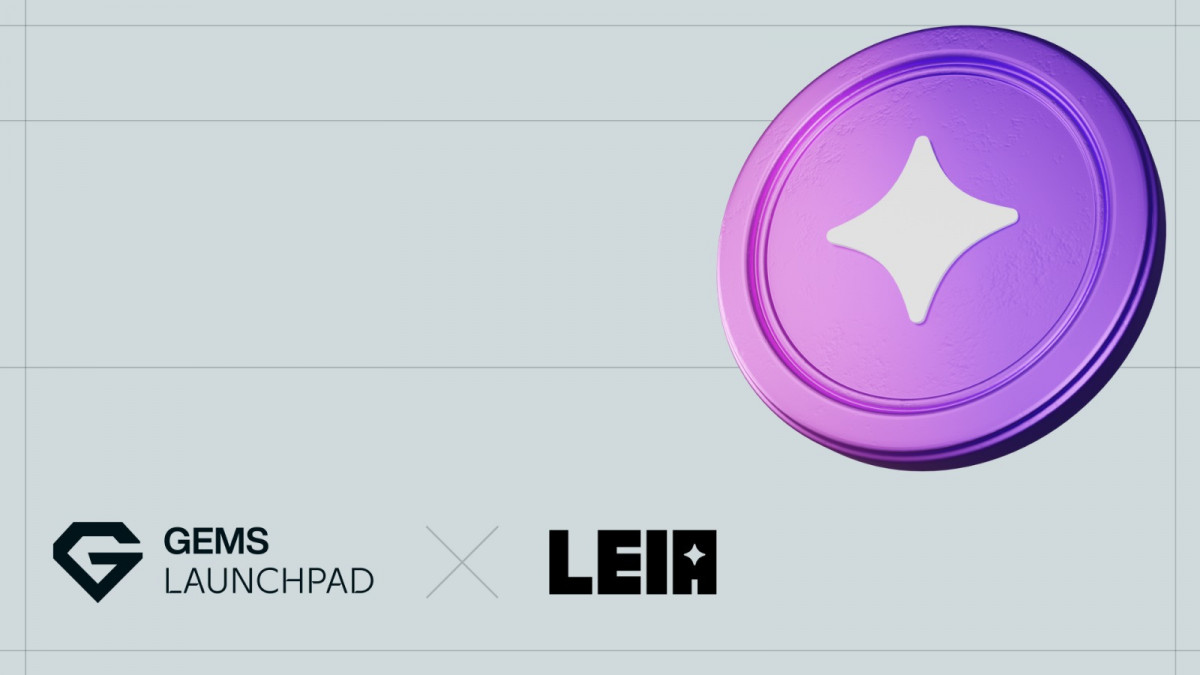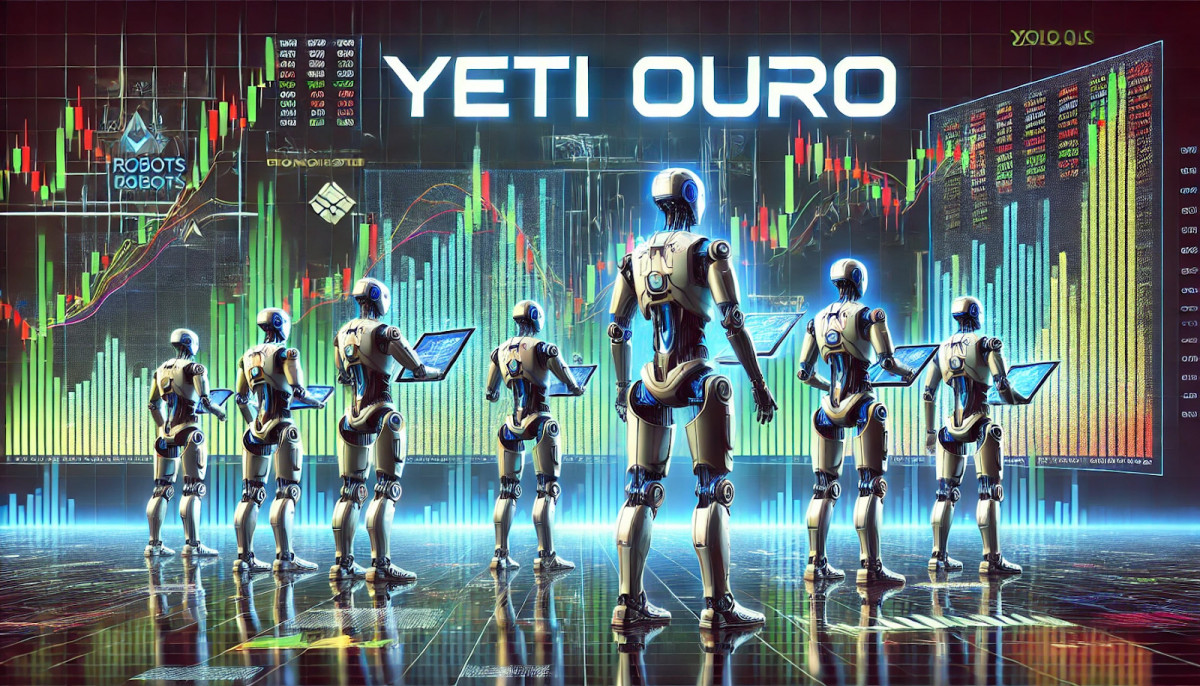By Vikram Tanna
In South America, farmers are making use of blockchain technology to lower instances of food fraud, while event ticketing companies are taking advantage of NFT tickets to elevate fan experiences. There has been a surge of creative blockchain applications across the globe.
As the decentralised ecosystem evolves, it is crucial to formulate a set of practices that will guide the development of blockchain applications, platforms, and protocols.
With millions of blockchain users worldwide, a progressive framework can make all the difference in how countries leverage this new technology paradigm and drive innovation. I want to discuss some of the difficulties and opportunities as we step into the web 3.0 era.
Protocols provide exciting challenges and opportunities
In a borderless and tightly interconnected world, assuming that Blockchain applications’ potential can be harnessed without being misused for money laundering, and unregulated use cases is wishful thinking.
This is why when the Indian Government proposed a collective international approach at the World Economic Forum’s conference, saying, “The kind of technology blockchain is associated with, the decision taken by a single country will be insufficient to deal with its challenges. We have to have a similar mindset,” the world took notice.
The challenge is to apply them in practice at the international level, given the different legal frameworks within each country. Formulating a blockchain alliance for organizations and countries to collaborate and regulate blockchain applications would be a good step in this direction.
What should be the key ecosystem goals for web 3.0?
Unlike the previous two eras of the internet, we have a rare opportunity to define goals for this new age collectively. We can look at web 3.0 era goals under four broad categories:
- Ensure all users have access to secure information
Users should be able to securely use and move their assets across exchanges, DeFi protocols, and NFT marketplaces.. Many blockchain communities are solving this problem using applications of soul-based tokens to verify user identity without revealing their personal information.
- Provide equal opportunities for everyone through fair competition
Blockchain ecosystems are built on default openness. Therefore, blockchain protocols developed across countries, different organizations, and individuals could be made available to anyone seeking to improve on them through a global knowledge and code-sharing platform.
For example, Estonia could open source its application of blockchain “e-Residency” to ensure fair and secure voting for other countries to build on and customise. This has proved to be a game changer for Estonians who can prove their nationality and identity securely from anywhere in the world.
- Protect privacy by preventing any form of surveillance over personal data
One of the biggest challenges in the web 2.0 era has been the abuse of personal data. Developing a global understanding that enables blockchain-based governance systems will provide users control over their data and organisations assurance of authenticity.
- Facilitating a solid foundation of economics and governance
A globally accepted GAAP would go a long way in ensuring that all stakeholders are transparent about their financial health, how much fiat collateral is present and the prevention of money laundering.
Conclusion
Blockchain provides the world with a golden chance to help bridge the gap between digital and real-world governance within the state and across borders. Having a clear view of the challenges, understanding and agreement of the goals will help us herald the next age of the internet.
As more users adopt blockchain technology, we will witness the emergence of a new generation of creators, thinkers, and innovators.
The author is CEO, Mzaalo (Xfinite)
Read More: news.google.com









 Bitcoin
Bitcoin  Ethereum
Ethereum  Tether
Tether  XRP
XRP  Solana
Solana  Dogecoin
Dogecoin  USDC
USDC  Cardano
Cardano  Lido Staked Ether
Lido Staked Ether  TRON
TRON  Avalanche
Avalanche  Sui
Sui  Wrapped stETH
Wrapped stETH  Toncoin
Toncoin  Chainlink
Chainlink  Stellar
Stellar  Shiba Inu
Shiba Inu  Wrapped Bitcoin
Wrapped Bitcoin  Hedera
Hedera  Polkadot
Polkadot  WETH
WETH  Bitcoin Cash
Bitcoin Cash  LEO Token
LEO Token  Hyperliquid
Hyperliquid  Uniswap
Uniswap  Litecoin
Litecoin  Pepe
Pepe  Wrapped eETH
Wrapped eETH  NEAR Protocol
NEAR Protocol  Ethena USDe
Ethena USDe  USDS
USDS  Internet Computer
Internet Computer  Aptos
Aptos  Aave
Aave  Mantle
Mantle  Cronos
Cronos  Render
Render  POL (ex-MATIC)
POL (ex-MATIC)  MANTRA
MANTRA  Bittensor
Bittensor  Ethereum Classic
Ethereum Classic  Monero
Monero  WhiteBIT Coin
WhiteBIT Coin  Virtuals Protocol
Virtuals Protocol  Artificial Superintelligence Alliance
Artificial Superintelligence Alliance  Dai
Dai  Tokenize Xchange
Tokenize Xchange